Convention - Paris Manga & Sci-Fi Show 38: French voice actors share their voices and stories
By Mulder, Villepinte, Parc des Expositions, 04 october 2025
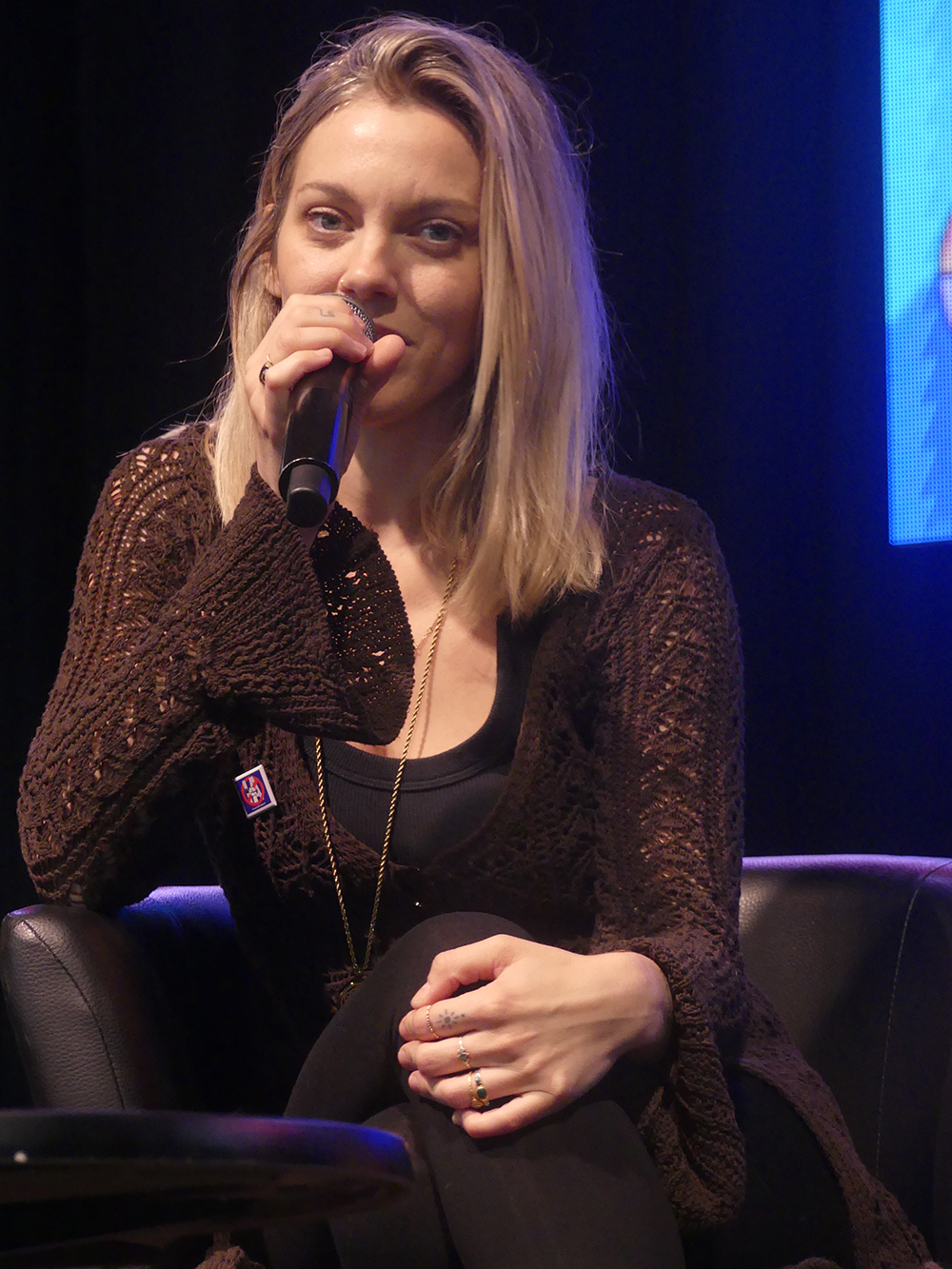
At the 38th edition of the Paris Manga & Sci-Fi Show, held on October 4 and 5, 2025, at the Parc des Expositions in Villepinte, one of the most eagerly awaited highlights of the weekend was undoubtedly the round table discussion on dubbing, which brought together four of the most recognizable figures in French dubbing: Adeline Chetail, Benoît Du Pac, Maïk Darah, and Anaïs Delva. For fans of anime, video games, animation, and action movies, these names—or more precisely, their voices—are long-time companions. Seeing them together on the same stage created an electric atmosphere, with the large audience eager to hear anecdotes, confidences, and behind-the-scenes moments that are rarely revealed outside of such events.
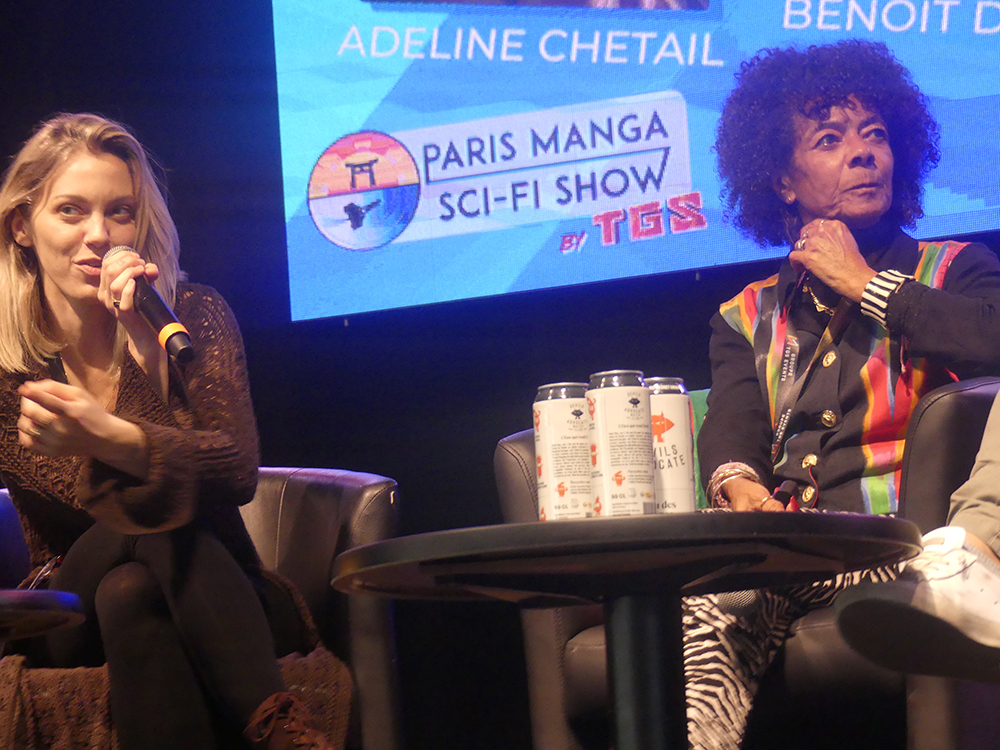
The panel began with Adeline Chetail, who has been working in voice acting since childhood and whose voice has embodied characters from several generations. Whether it's Ellie in The Last of Us, Zelda in Breath of the Wild, Amalia in Wakfu, or even Vanessa Hudgens in High School Musical, her versatility is simply remarkable. She spoke about the emotional responsibility that comes with bringing to life characters that are already loved around the world, emphasizing that a voice actor must immerse themselves completely in their role while remaining invisible, so that the character can shine above all else. Her anecdotes about finding the right tone, capturing fragile breaths, and perfectly matching an actor's performance resonated with the audience, allowing fans to further appreciate the discipline and artistic talent required for voice acting.
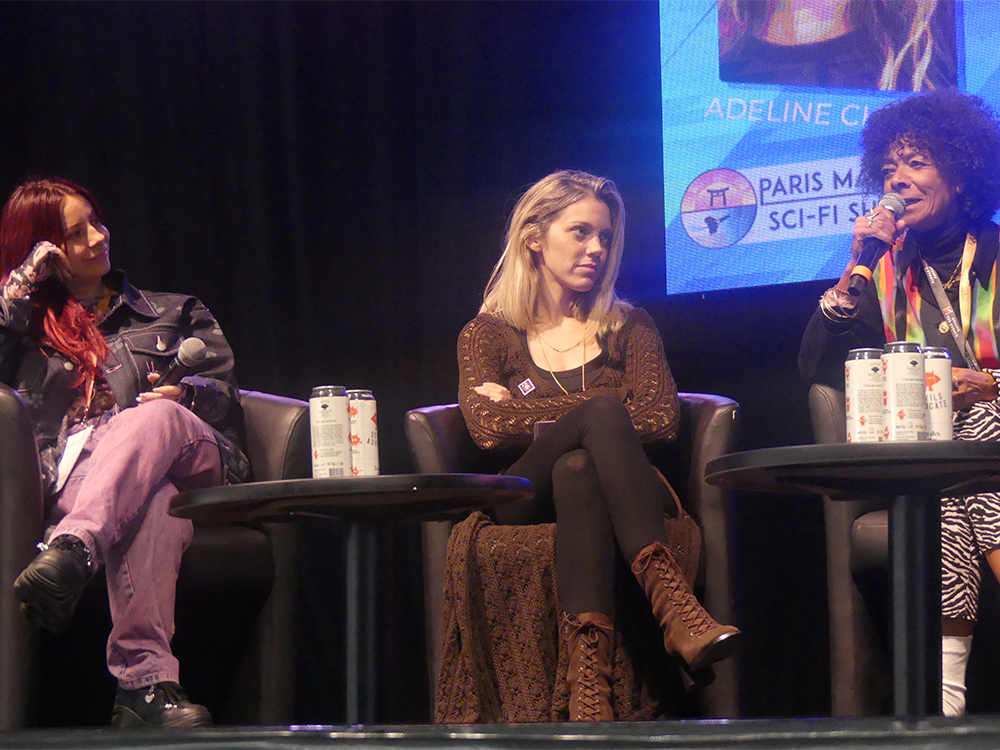
Benoît Du Pac then took the microphone, bringing with him the energy and humor that fans had been waiting for. Known for voicing Eikichi Onizuka in Great Teacher Onizuka, a role that continues to define him for many fans, he also reminded the audience of the incredible range of characters he has played. From Luigi in Super Mario Bros. to Steven Yeun in The Walking Dead and Invincible, to Shadow in the Sonic franchise, his career spans an impressive variety of genres and formats. He discussed the demanding nature of voice acting sessions, particularly when juggling multiple characters in a single day, and even confided that the most memorable moments sometimes occur when fatigue or laughter threaten to derail a session. The audience saw that behind the iconic voices lies a craftsman who balances passion, technique, and artistic direction, both as an actor and as a dubbing director.
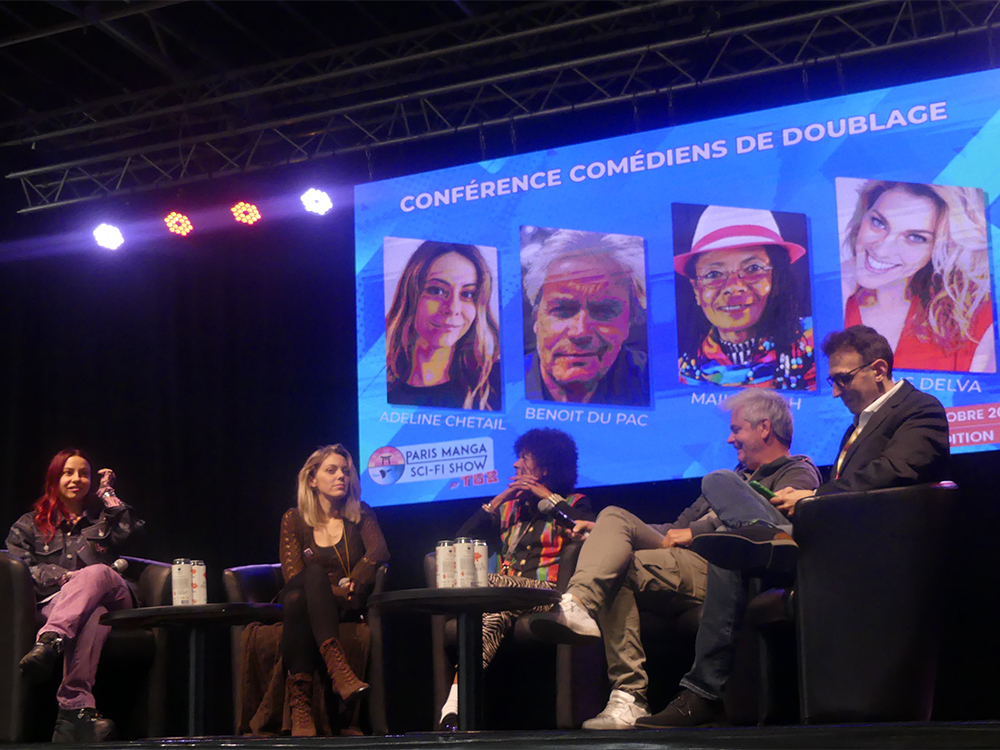
The tone shifted slightly when Maïk Darah addressed the audience, bringing the gravitas and warmth of a career that has made her one of France's most respected voices. Known primarily as the official French voice of Whoopi Goldberg, she has also dubbed Angela Bassett, Viola Davis, Queen Latifah, and countless other personalities in film and television. Her resume is no less impressive in the realm of animation, where she has voiced Shenzi in The Lion King and characters in Death Note and Friends, among others. She shared her perspective on what it means to embody so many different personalities, describing voice acting as a form of “faithful betrayal”: staying true to the essence of the character while adding her own vocal identity. Her reflections on the growing challenges of the profession, from the relentless demands of modern studios to the imminent presence of artificial intelligence in voice reproduction, gave the panel an important and timely dimension, reminding everyone that the human element of voice work is irreplaceable.
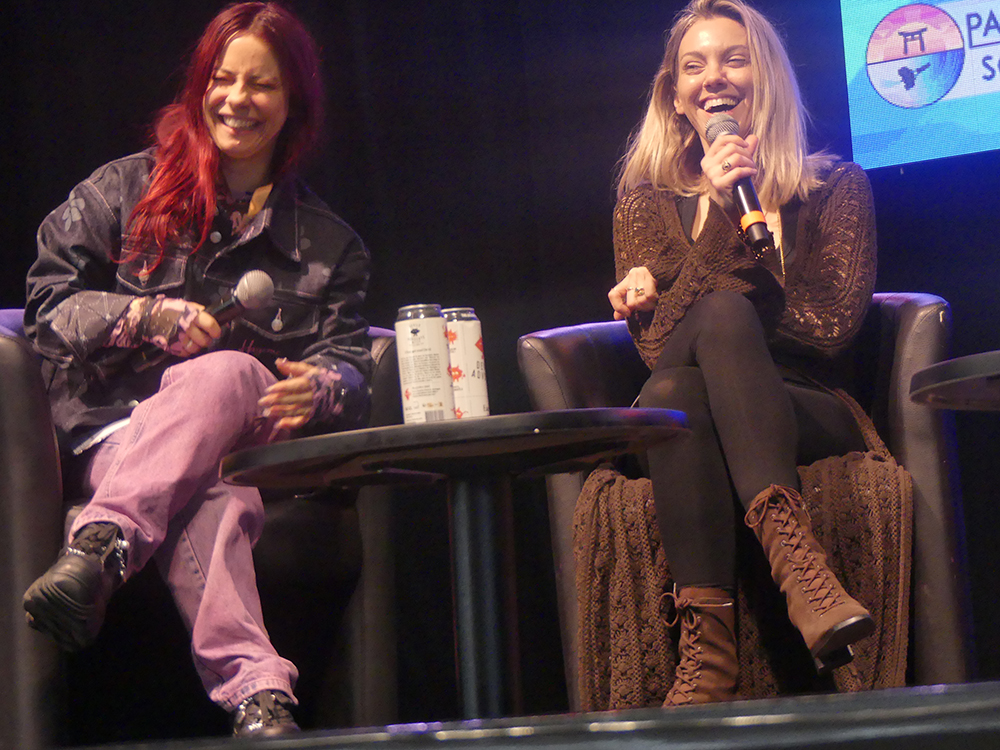
Anaïs Delva was greeted with enthusiastic applause, unsurprisingly linked to her unforgettable performance as Elsa in Frozen. She spoke candidly about the balance between her career as a musical theater singer in shows such as Romeo and Juliet, Dracula, and Robin Hood, and her work as a voice actress in projects such as Cyberpunk 2077 and Hazbin Hotel. She highlighted the differences between the two professions, with singing requiring good projection and a powerful voice, while voice acting often requires precision, restraint, and emotional nuance. For fans, hearing her talk about the recording process for Frozen, with its iconic songs and complex characters, was a rare glimpse into the dedication required to make these performances feel natural. Her openness about the responsibility she feels when her work becomes part of people's childhood memories was even more endearing, a sentiment that many in the audience clearly shared.
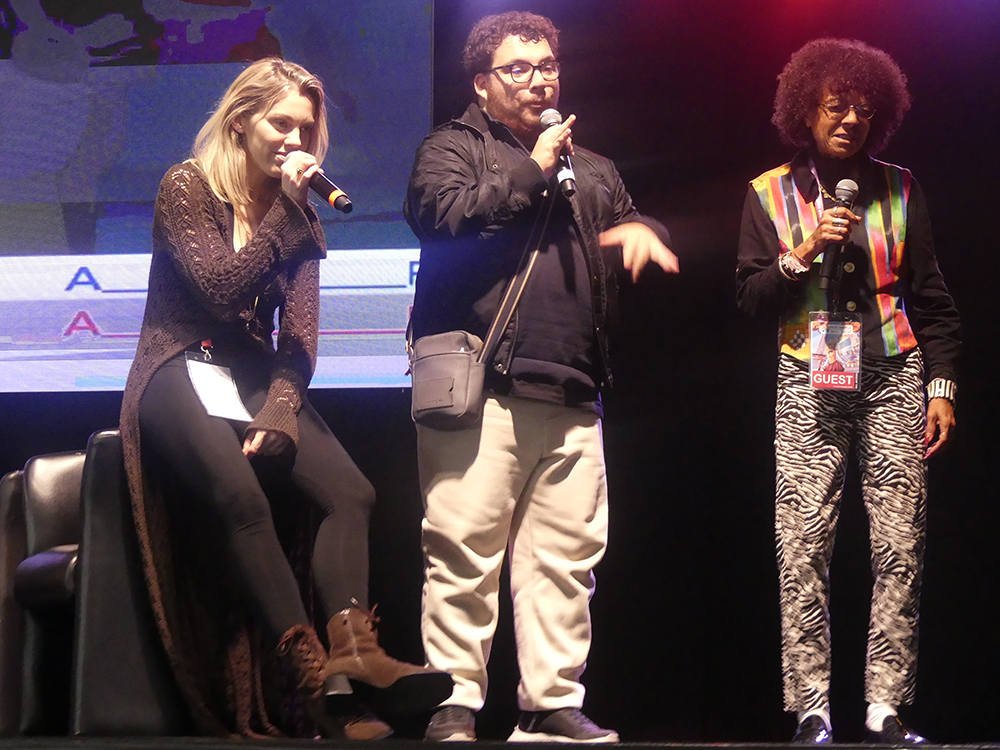
What made this panel particularly interesting was how the four artists interacted not only with each other, but also with the audience. Questions from the audience ranged from their favorite roles and challenges they've faced in their careers to the preparation and techniques they use to preserve their voices during long dubbing sessions. Each participant responded with humor, sincerity, and passion, and their exchanges revealed both their camaraderie and the distinct perspectives they bring from their different professional backgrounds. By the end, fans had not only enjoyed an entertaining discussion, but they had also gained a deeper respect for the subtle, often unseen artistic talent that voice actors bring to each project.
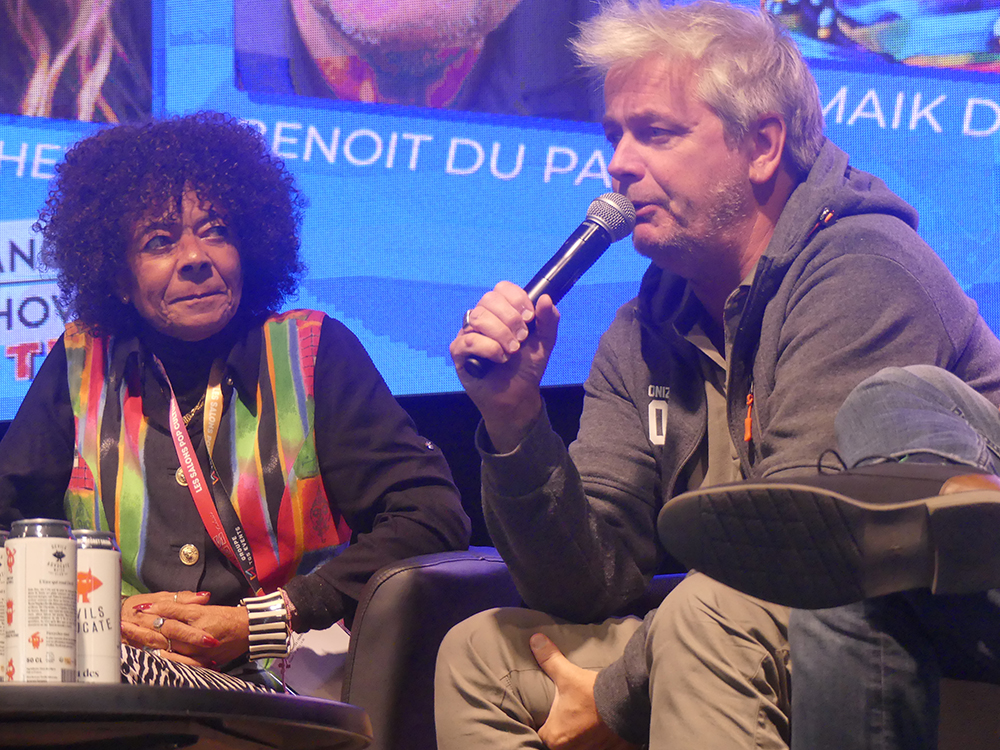
This conference at Paris Manga & Sci-Fi Show 38 also served as a reminder of the growing recognition voice actors are receiving at conventions in France and elsewhere. Long considered an overlooked profession, voice acting is now celebrated by fans who understand its essential role in how international works are received. Panel discussions like this one not only allow fans to meet the people behind the voices, but also provide voice actors with a platform to share their challenges, celebrate their achievements, and reaffirm the value of their profession. As conventions continue to evolve, the inclusion of dubbing professionals highlights a broader shift: audiences are no longer content to see the stars on screen, they also want to pay tribute to the voices that have accompanied them through countless stories.
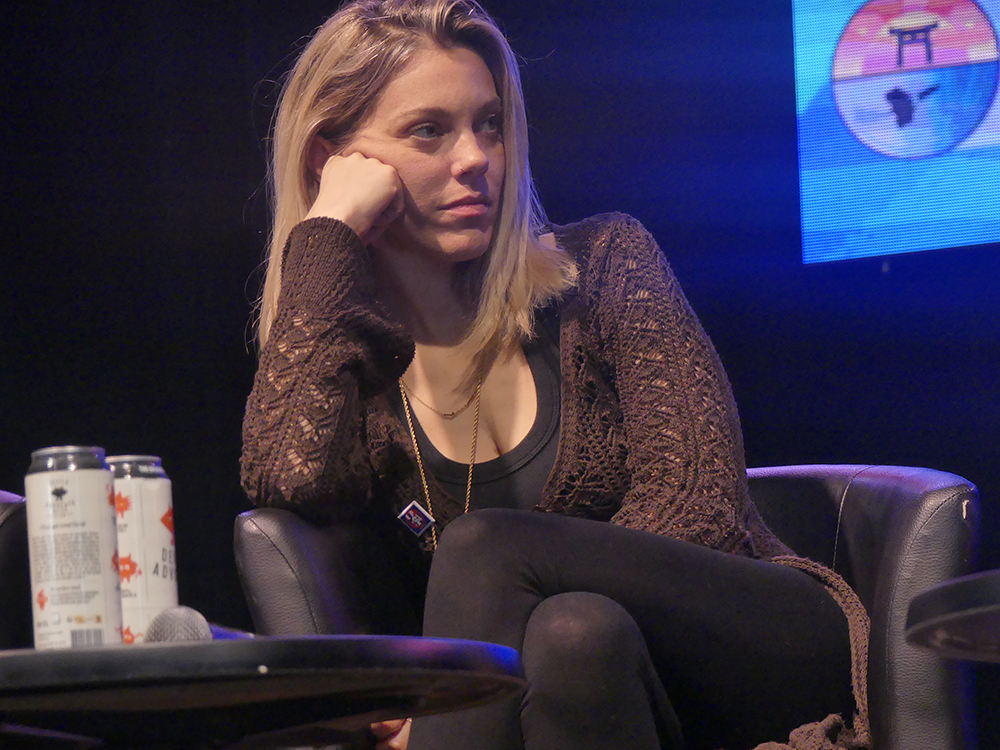
The cultural significance of dubbing in France gives this type of panel even greater weight. Unlike countries where subtitles dominate, France has a deeply rooted tradition of dubbing foreign films and series, and many generations have grown up identifying with the French voices of their favorite characters rather than the original actors. This has created a unique bond between voice actors and the public, elevating them from hidden technicians to cultural figures in their own right. In many ways, French dubbing is not just an adaptation, but a reinvention, making international works familiar and local without losing their essence. Panels such as the one at the Paris Manga & Sci-Fi Show 2025 celebrate this tradition while looking to the future, where the art of dubbing will face new challenges while continuing to enchant audiences.
You can view our photos on our Flickr page
Photos and video: Boris Colletier / Mulderville

